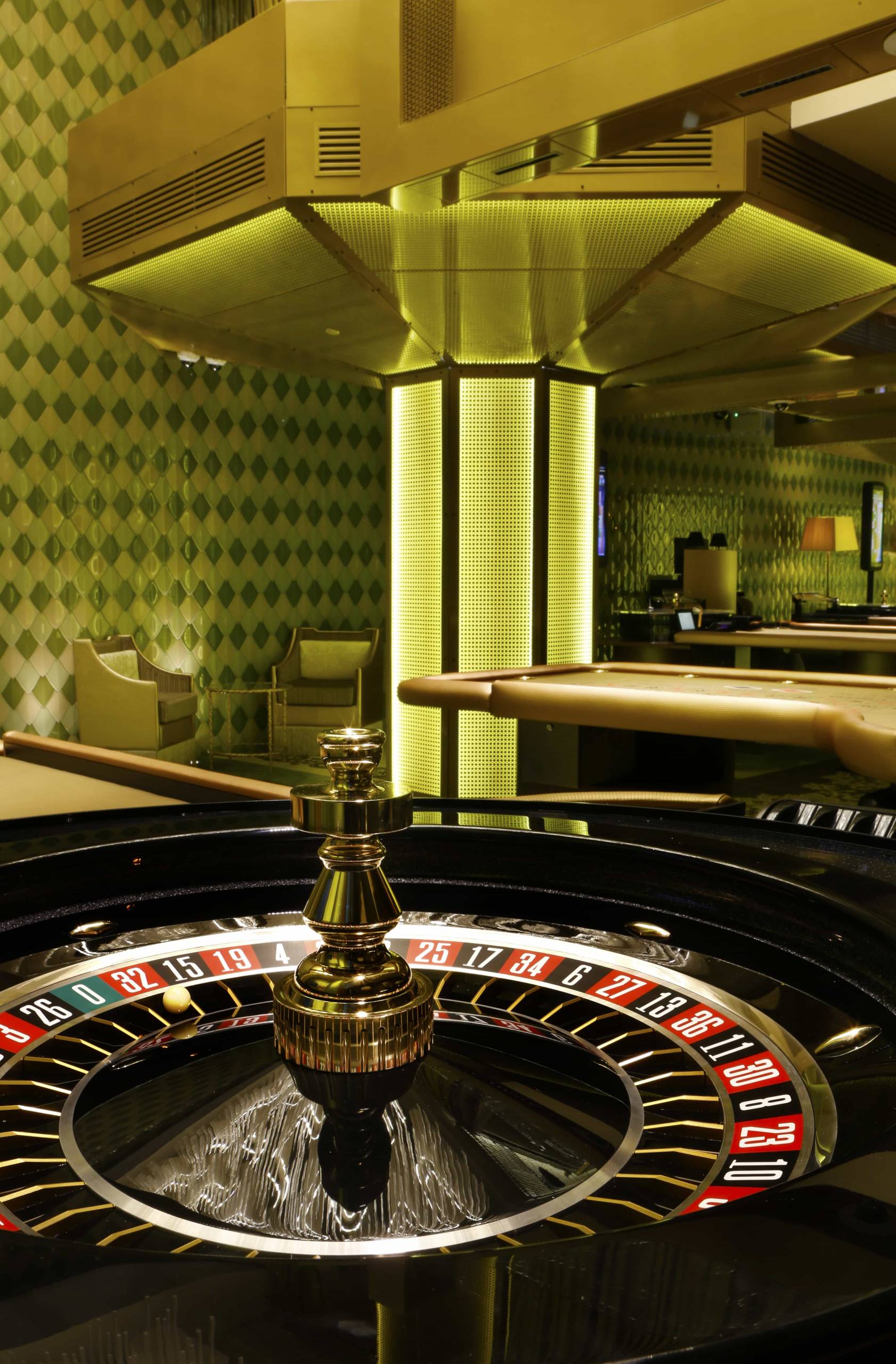The Mystique of Casino Game Beliefs
In the world of gambling, in which chance and strategy converge, a unique tapestry of beliefs emerges—one that braids luck, fate, and the enigmatic nature of casino games. Casinos, bustling with excitement and anticipation, are not just spaces for placing bets; they are also arenas where superstitions thrive. From the novice player to the seasoned gambler, these mysterious practices often shape how individuals approach the games they play, believing that their actions can impact the outcome in ways that go beyond mere probability.
As players gather around roulette wheels, blackjack tables, and slot machines, the atmosphere is thick with stories of lucky charms, rituals, and codified behavior that defy logic yet provide a sense of comfort. Whether it’s wearing a specific outfit, following a particular sequence of bets, or even avoiding certain numbers, the attachment to various superstitions reflects a deep-rooted desire to control the uncontrollable. This article delves into the captivating world of casino game superstitions, exploring the beliefs that both entertain and mystify those who dare to play.
Historical Beginnings of Superstitions
Casino activities have long been entwined with an host of superstitions that trace to primitive cultures. The beginnings of these ideas can be associated to humanity's intrinsic wish to influence the unpredictable outcomes connected with luck and randomness. In early civilizations, games of chance were often linked to ritualistic practices. Players would seek aid or ask for favor from deities, believing that their actions could change the results in their favor. This foundation laid the groundwork for the variety of superstitions that spread as casino games evolved over time.
During the medieval age, gambling became a popular activity across Europe, and with it, a colorful tapestry of superstitions developed. Participants adopted different rituals and charms, believing they could change the outcome of games. The importance of numbers, in particular, emerged to appear in superstitions around card games and dice. The number seven was often considered auspicious, while other numbers carried unfortunate connotations. These beliefs mirrored the societal contexts of the time, adapting as they transferred through generations and transformed to different gaming environments.
As gambling houses developed in the 17th century, particularly in the Italian peninsula and the French nation, the atmosphere surrounding betting became imbued in mystery. The growing availability of gambling games allowed for the dissemination and variation of superstitions among players. Concepts like lucky charms, specific seating locations, and rituals gained prominence, creating a distinct culture within gambling establishments. As these traditions continued to thrive, they became integral to the identity of casino games, illustrating how history and culture shape the convictions that influence how participants interact with fortune.
Popular Gambling Superstitions

Beliefs surrounding gambling games are abundant and varied, reflecting the dreams and anxieties of gamblers as they engage in chance-based activities. One of the most prevalent views is that specific digits bring fortune or bad luck. For example, the number seven is often seen as a lucky digit, frequently embraced by players looking for a favorable result. Conversely, the number 13 is routinely considered cursed, leading many gamblers to avoid it during their gaming periods.
Another common superstition relates to practices that players believe can influence their odds. It could be blowing on dice before a throw, using a particular hand to place a wager, or even putting on specific items of clothing, many people feel that these rituals can sway luck in their favor. These practices offer a feeling of power in an otherwise random environment, reinforcing the idea that luck can be manufactured through personal beliefs and habits.
Finally, the ambiance and atmosphere of the gambling house itself adds to superstition. https://rr88.cooking/ Many gamblers suggest that the presence of certain symbols, such as four-leaved clovers or lucky tokens, can enhance their odds of winning. Additionally, gamblers might hold to the belief that victory streaks can be interrupted by mundane events, such as a person passing by or a spill at the table. The shared atmosphere in a casino can amplify these superstitions, creating a shared culture of myths that goes beyond single encounters.
Impact of Superstitions on Players
Superstitions play a significant role in the mindset of gamblers, often affecting their behavior and choices. A lot of gamblers think that fortune can be influenced through various rituals, such as wearing a lucky charm, choosing particular hues, or avoiding certain numbers. This dependence on superstitions can create a feeling of control in an environment that is inherently unpredictable. Players frequently feel more confident and involved when they feel that their actions could sway the result of a game in their favor.
The impact of these superstitions extends past individual players, affecting the overall atmosphere within the casino. For instance, a player who holds the belief in the luck of a certain slot machine might draw a crowd, as others are fascinated by their apparent success. This collective belief can heighten excitement and create a dynamic environment, leading to an engaging experience even for those who may not necessarily be believers themselves. The excitement around specific games can lead to increased participation and longer playing sessions, supporting the casino's vibrant social scene.
In some cases, superstitions can lead to detrimental effects for players. Relying too much on rituals can result in bad gambling decisions, as some may overlook basic strategies in favor of unfounded beliefs. Additionally, the pressure to perform rituals may increase anxiety and tension, diminishing from the enjoyment of the experience. Ultimately, while superstitions can enhance the thrill of playing casino games, they can also lead to poor choices that overshadow the fun and amusement intended in the casino experience.
